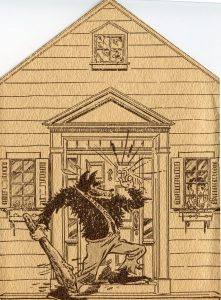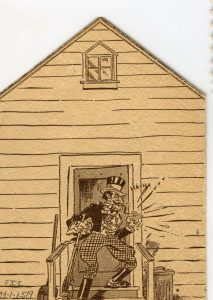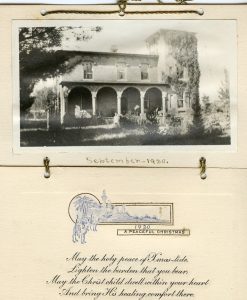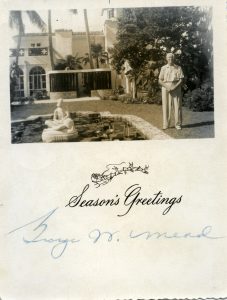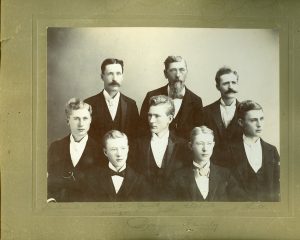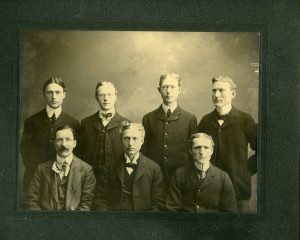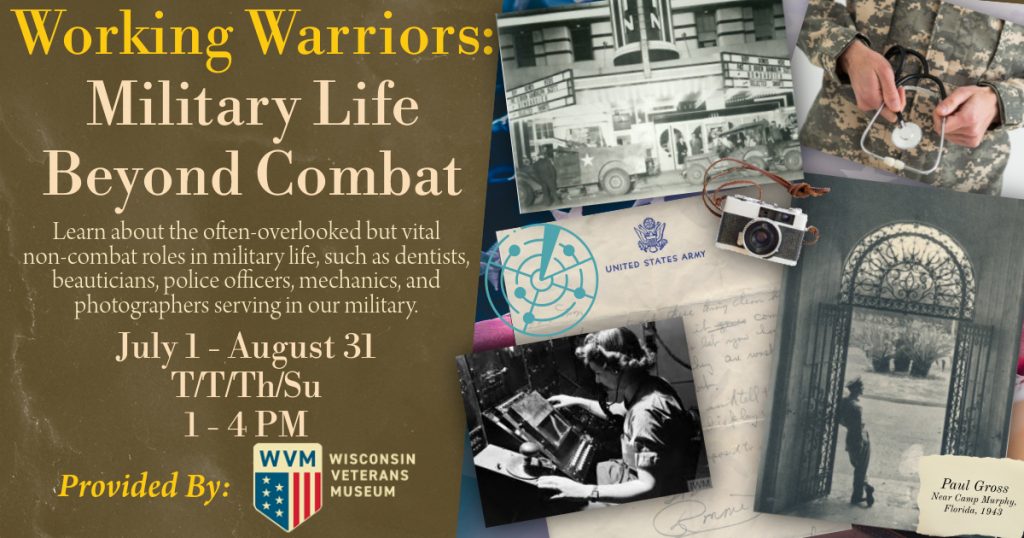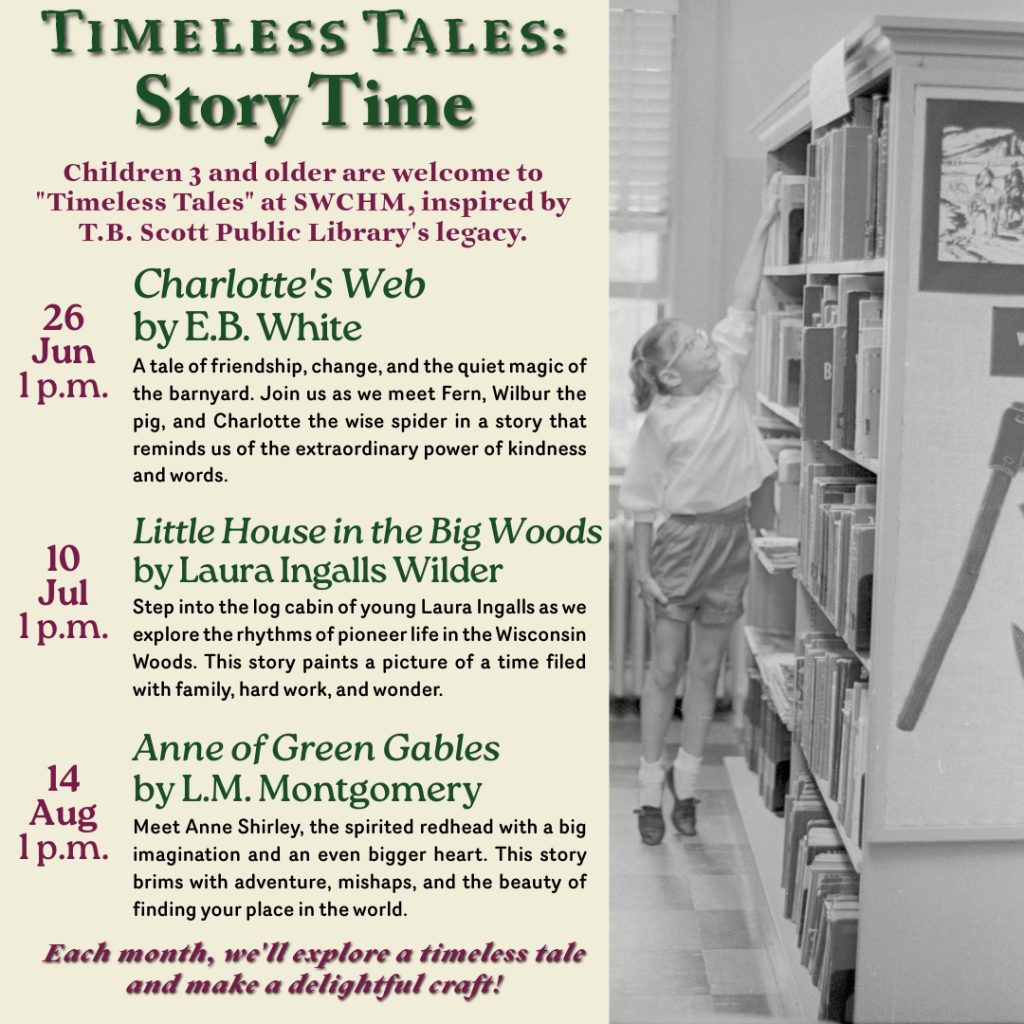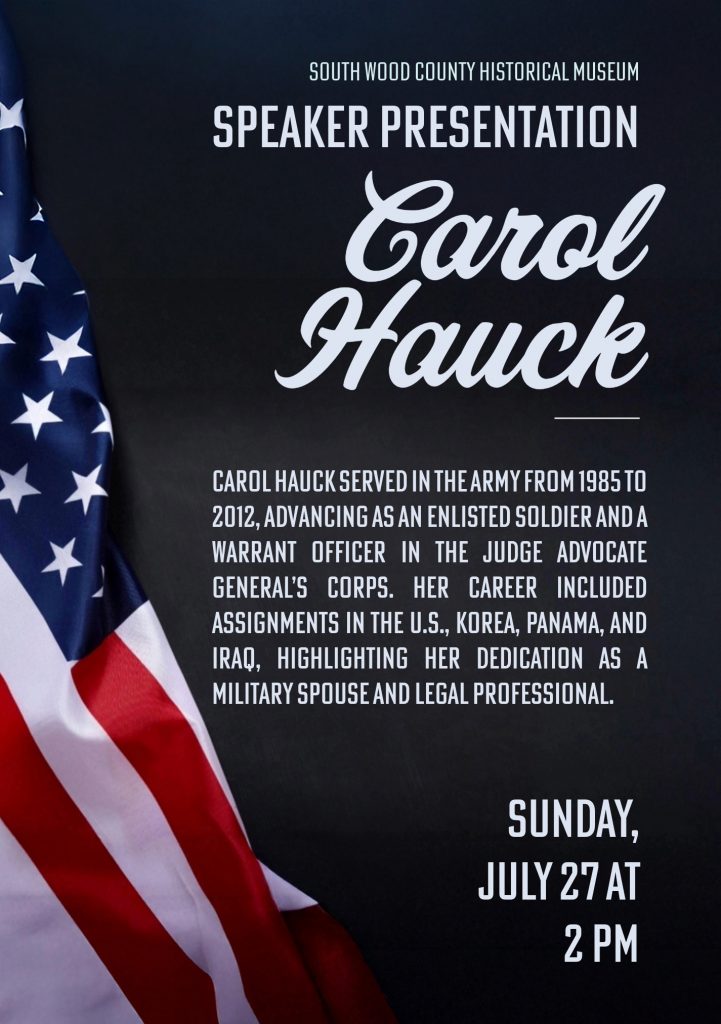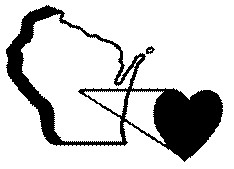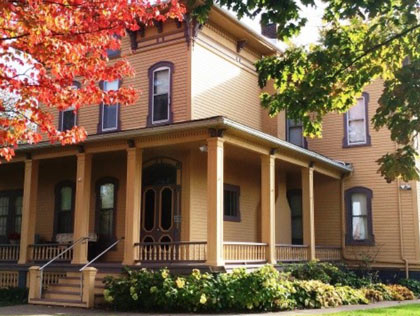written by Angelica Engel, Website Coordinator
On June 28, 2007, my father and I crashed through underbrush in the woods of Hopkinton, Rhode Island, looking for the grave of Josiah Witter, the (how many greats?) grandfather of Isaac Witter, whose 540 Third Street home is now the Museum.
We found Josiah’s gravestone, took photos, and journeyed back to the car, where my mother waited. We washed our legs with soap and water to prevent the onset of poison ivy rashes. We must have done a good job, because neither of us ended up breaking out.
I was 17 and knew the name “Witter” primarily from “Witter Field,” the place I sometimes played tennis with friends and LHS girls’ tennis teammates.
Searching for Josiah Witter’s gravestone in the woods with my dad was business as usual for me. Before I entered grade school, I had accompanied him up to Hibbing, Minn., many a time as he researched the then-washed-up Bob Dylan. I remember falling asleep at Iron World (a nearby historic site) as my parents chit-chatted with pop singer Bobby Vee, who had given then Bob Zimmerman his first paid gig. I also have walked the deserted streets of Calumet, Upper Michigan, a tiny town that once boomed with the business of the copper mines. When we went to Arizona, we made a point to tour multiple old Spanish missions.
I didn’t appreciate until recently that these vacations with my family are part of the reason my worldview has grown to be broad and receptive to new information. That’s what happens when a historian and a librarian take a kid on a trip.
That trip out east in 2007 involved many graves, poet Emily Dickinson’s and Beat-chronicler Jack Kerouac’s among them. I related strongly at the time to the writers and artists and was having all sorts of existential crises involving Kerouac’s On the Road the whole trip. Josiah Witter’s significance remained much more opaque.
Fortunately, the ten years that have elapsed between then and now have taught me a thing or two about money; specifically, ownership. Mr. Josiah Witter is important because he is a close ancestor of Mr. Jere D. Witter, who owned part of most businesses in what is now Wisconsin Rapids at the turn of the 20th Century.
When I was 17, as far as I was concerned, everything that exists is shared, and “ownership” is a fairy tale. Now that I’ve adulted for a while, I see why having a stake in so much of a city such as Wisconsin Rapids at a boom time would mean we would go find that person’s grave in the woods.
At age 17, I did understand that accompanying my father on a quest to find a grave in a strange woods was pretty cool to be doing. Obviously, I still enjoy the memory.
Thanks, Dad!

Josiah Witter’s gravestone in the woods of Hopkinton, Rhode Island.
Save
Save
Save
Save
Save

